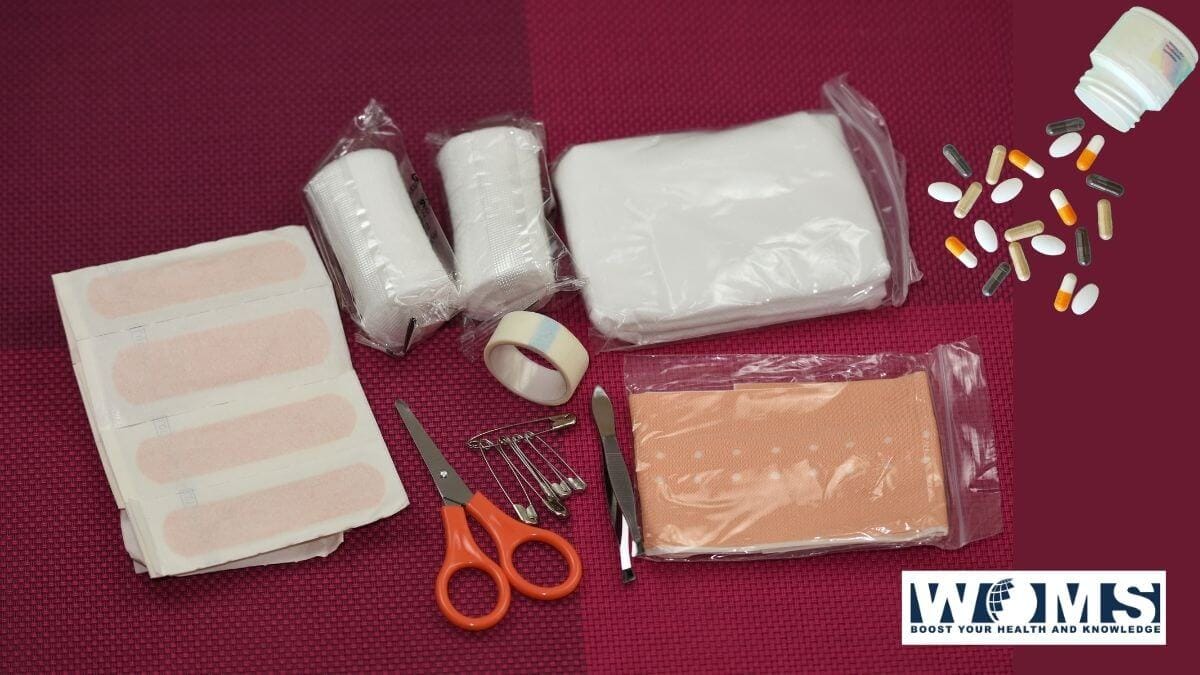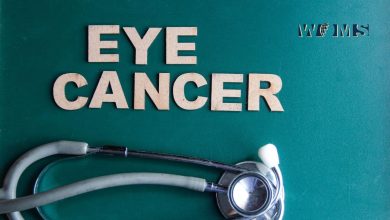11 Must-Have Medical Essentials for Your Home

Moving into a new home can be an exciting adventure. It can also be stressful when you realize you alone are responsible for your wellbeing. What happens if you get hurt? Or if you eat something that disagrees with you? Who’s going to be there with precisely the right treatment at the right time?
With a well-stocked medicine cabinet, you’ll be more than capable of handling minor mishaps and maladies. Having the proper medications and supplies on hand can make a huge difference in your routine. Here are 11 items that you’ll want to keep on hand:
1. Prescriptions
The first essential you need in your medicine cabinet is any prescription medications you take. These include things you take daily, like birth control, and things you use as needed, like an inhaler.
Having a central location where prescriptions can be found will help you remember to take them regularly. You’ll always know where everything is and will have them easily accessible.
2. Emergency Contraception
Something else you should consider having easy access to is emergency contraception. Don’t put yourself through the stress of running to the drugstore should you forget your pills or have a condom break. Keep emergency contraception at home and handy instead.
Even if you think you’ll never need it, it’s a good idea to have some around because accidents can happen. If you want to stock up, or are concerned about buying an emergency contraceptive in public, explore your options. You can now purchase options like Plan B and ella in advance online instead of waiting until you need them.
3. NSAIDs and Acetaminophen
Stock a painkiller that works for you. From headaches to period cramps, you will likely want to have relief on hand. Ideally, you want both an NSAID like ibuprofen and an acetaminophen, like Tylenol, in your cabinet.
Though both are pain relievers, they work in different ways. NSAIDs are great if your pain is caused by inflammation, and acetaminophen may be a better fever reducer. They can also be combined if you need a lot of relief, so having both provides helpful options. You likely know which painkillers work best for you, so make sure you have some on hand at all times.
4. Bandages
To go along with your painkillers, plan on stocking some bandages. You’ll want both the adhesive and compression varieties, which will cover all types of injuries from cuts to painful hangnails.
Make sure you have various shapes and sizes, and don’t worry about having a little fun with them. It’s your medicine cabinet. If you want to buy princess bandages, go for it.
5. Antibacterial Treatment
If you’re using bandages for cuts and scrapes, you’re going to want an antibacterial to go with it. These usually come in cream, ointment, or even spray forms, so get whatever you prefer.
While you might not use these treatments often, they are great for helping minor wounds and burns heal. They protect the injury from infection, and some can even help reduce scarring. As long as you’re not getting injured frequently, these should last you a while.
6. Antihistamine
Now that your outsides are taken care of, focus on your insides. Ensure your cabinet is well-stocked with antihistamines, which are incredibly helpful if you are an allergy sufferer.
Though you may want to save space and money and only get one brand, consider both a non-drowsy and regular version. The non-drowsy will be great during the day, and the standard one will help you sleep at night. You may also be able to find a combo pack that relieves both allergy and cold symptoms.
7. Decongestants
When you have a cold, there are few things worse than realizing you have nothing to treat your symptoms. Ensure that doesn’t happen by always having a decongestant stored and ready when you need it.
Again, you may want to invest in the non-drowsy and regular versions. If your illness has been keeping you awake at night, you’ll appreciate the help nodding off thanks to a nighttime dose. Being sick is miserable but you can weather the symptoms if you have the right medication readily available.
8. Cough Medicine
Maybe when you get sick, you’re more of a cougher. If that’s the case, you’ll want to make sure you have cough medicine when you need it. This could be a cough syrup, cough drops, or a combination of your preferred products.
Different brands address different cough concerns, so be sure to read the label before buying some for your medicine cabinet. You don’t want to find yourself in a situation where you can’t effectively treat your symptoms.
9. Topical Treatments
Accidents happen, so make sure you have something to treat a bite, rash, or burn available. You never know when an encounter with a bug, plant, or the sun will leave you reaching for relief.
Start with a calamine lotion and aloe vera. For the aloe, you can even grow an aloe vera plant (although it’s unlikely you’ll want to keep it in your medicine cabinet!). If growing your own, it may take a while for it to be big enough to harvest. So start with store-bought aloe vera ointment just to have some when needed.
10. Calcium Carbonate
Like most items on this list, calcium carbonate isn’t something you should need every day. However, it’s better to have it at the ready and not need it than not to have it and need it.
Usually found in tablet form, calcium carbonate is great to have if you suffer from heartburn. If your love for spicy food tends to cause you discomfort, this one is a must-have.
11. Sunscreen
On the flip side, sunscreen is something you should use every day. It helps prevent a lot of problems, including burns, premature aging, and skin cancer. That’s why it should be a staple in your medicine cabinet, whether as a sunblock or combined with something like moisturizer.
Many BB creams and foundations include sunscreen, so you’re less likely to forget if you wear makeup on the regular. There’s a risk of sun damage even on cloudy days. So make using sunscreen part of your daily routine and keep it accessible.
When you’re building up your medicine cabinet, make sure you have all of these essentials. They will take care of most minor health emergencies or at least provide some relief until you can get further treatment. To ensure you have everything you need, use this guide as a shopping list. Once your cabinet is fully stocked, you’ll feel more prepared to handle your health.




